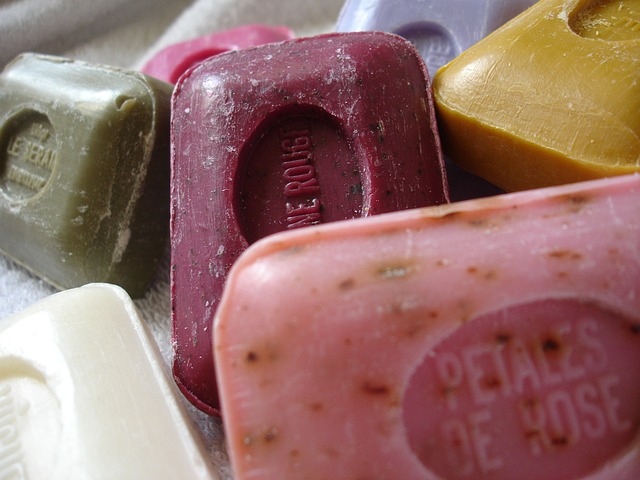Ingesting soap can lead to gastrointestinal distress, including nausea, vomiting, and diarrhea. While small amounts may not cause severe harm, larger quantities or prolonged exposure can result in more serious health issues such as abdominal pain and chemical burns in the digestive tract. Immediate medical attention is advisable if significant soap ingestion occurs.
Eating soap, even in small amounts, is not recommended due to its chemical composition. Most soaps contain ingredients like sodium hydroxide (lye), fragrances, and preservatives, which can irritate the digestive system. Upon ingestion, the body may react by inducing vomiting or diarrhea to expel the harmful substances. Additionally, the alkaline nature of soap can lead to irritation or burns in the mouth, throat, and stomach lining.
If someone accidentally ingests soap, the first step is to rinse the mouth thoroughly with water to remove any residual soap. Drinking small amounts of water or milk can help dilute the soap in the stomach. However, it is crucial not to induce vomiting, as this can cause further irritation or damage to the esophagus. Seek medical attention promptly, especially if the person exhibits symptoms like persistent vomiting, abdominal pain, or difficulty breathing. Medical professionals may provide treatments such as activated charcoal or administer IV fluids to mitigate the effects of soap ingestion and support recovery.



